Imagine this happening to you...
You check into an RV park, and go to get online via your cellular mobile hotspot. But despite seeing a great LTE signal, no matter what you do your laptop refuses to connect to your hotspot over WiFi. You eventually check with the campground office, and are told that personal WiFi is prohibited on their premises, and if you'd like to get online you can buy access to the campground WiFi network for $19.99/day.
It sounds crazy - but hotel chain Marriott had actually started to roll out WiFi blocking technology in 2013 that worked like this to prevent hotel guests and convention attendees from being able to connect to any WiFi networks other than the hotel's official paid offering. Other hotel chains backed by the "American Hotel and Lodging Association" were lining up to seek clarification from the FCC that such blocking was legal and allowed.
It isn't hard to imagine campgrounds and RV parks with paid WiFi eventually getting on board the blocking bandwagon too.
Fortunately, the FCC on Tuesday ruled that this sort of highway robbery is NOT allowed:
The Enforcement Bureau has seen a disturbing trend in which hotels and other commercial establishments block wireless consumers from using their own personal WiFi hot spots on the commercial establishment’s premises. As a result, the Bureau is protecting consumers by aggressively investigating and acting against such unlawful intentional interference.
No hotel, convention center, or other commercial establishment or the network operator providing services at such establishments may intentionally block or disrupt personal WiFi hot spots on such premises, including as part of an effort to force consumers to purchase access to the property owner’s WiFi network. Such action is illegal and violations could lead to the assessment of substantial monetary penalties.
In addition, we reiterate that Federal law prohibits the operation, marketing, or sale of any type of jamming equipment, including devices that interfere with WiFi, cellular, or public safety communications.
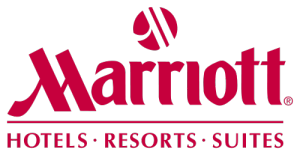 Marriott's fine: $600,000
Marriott's fine: $600,000
This should prove to be a strong encouragement to keep others from daring to jam personal WiFi, but just in case you ever suspect you are being jammed the FCC is looking for complaints to be submitted online or via 1-888-CALL-FCC.
UPDATE: It is perfectly fine for neighbors to coordinate Wi-Fi channel usage, and to talk about interference issues. But no campground or business can legally ask you to shut down your personal Wi-Fi network.
If you are dealing with interference from neighboring networks - if your Wi-Fi hotspot supports USB tethering you can avoid wireless entirely by using USB, or you can also sometimes adjust the Wi-Fi range or power setting on your hotspot to use lower power.
It may seem counterintuitive - but in congested areas a weaker short-range signal can actually often perform better than leaving everything set on max.
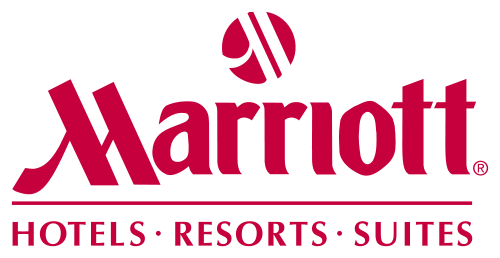
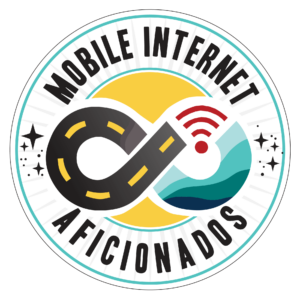
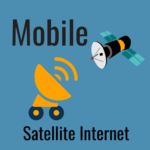

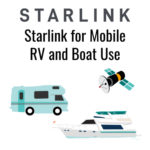
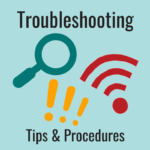
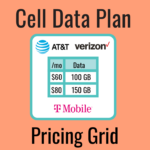
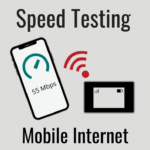
 Mobile Internet Resource Center (dba Two Steps Beyond LLC) is founded by Chris & Cherie of
Mobile Internet Resource Center (dba Two Steps Beyond LLC) is founded by Chris & Cherie of